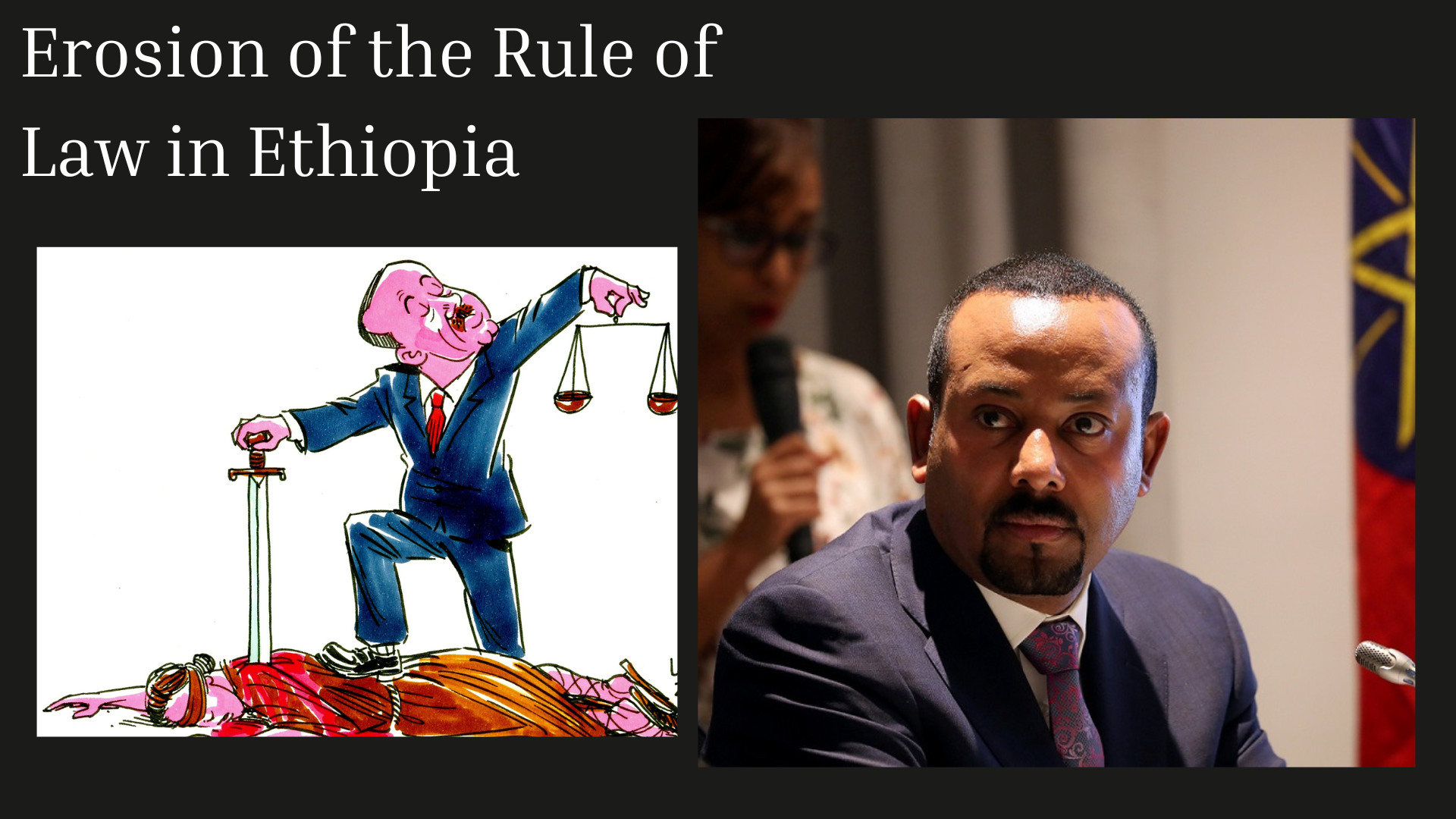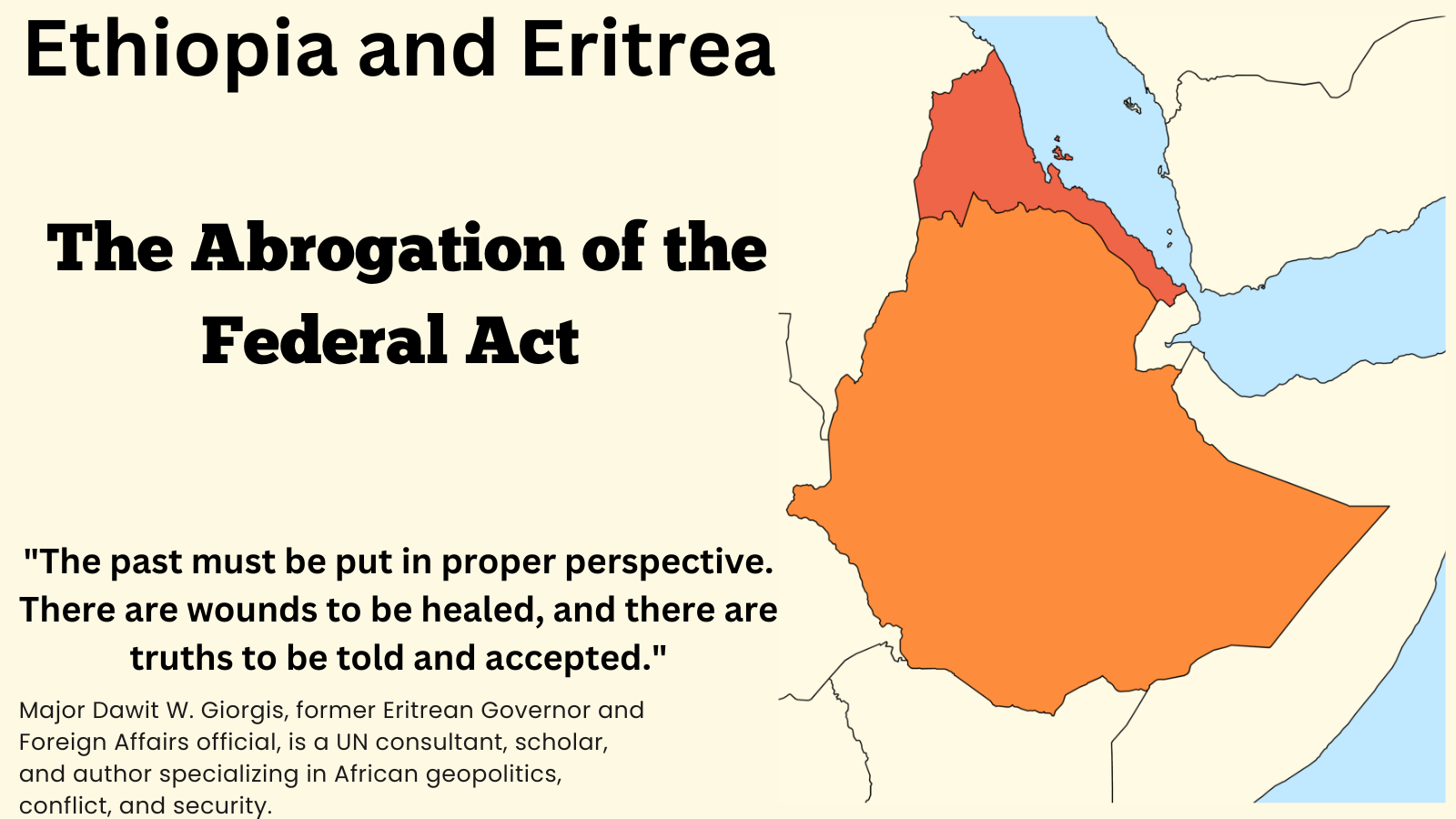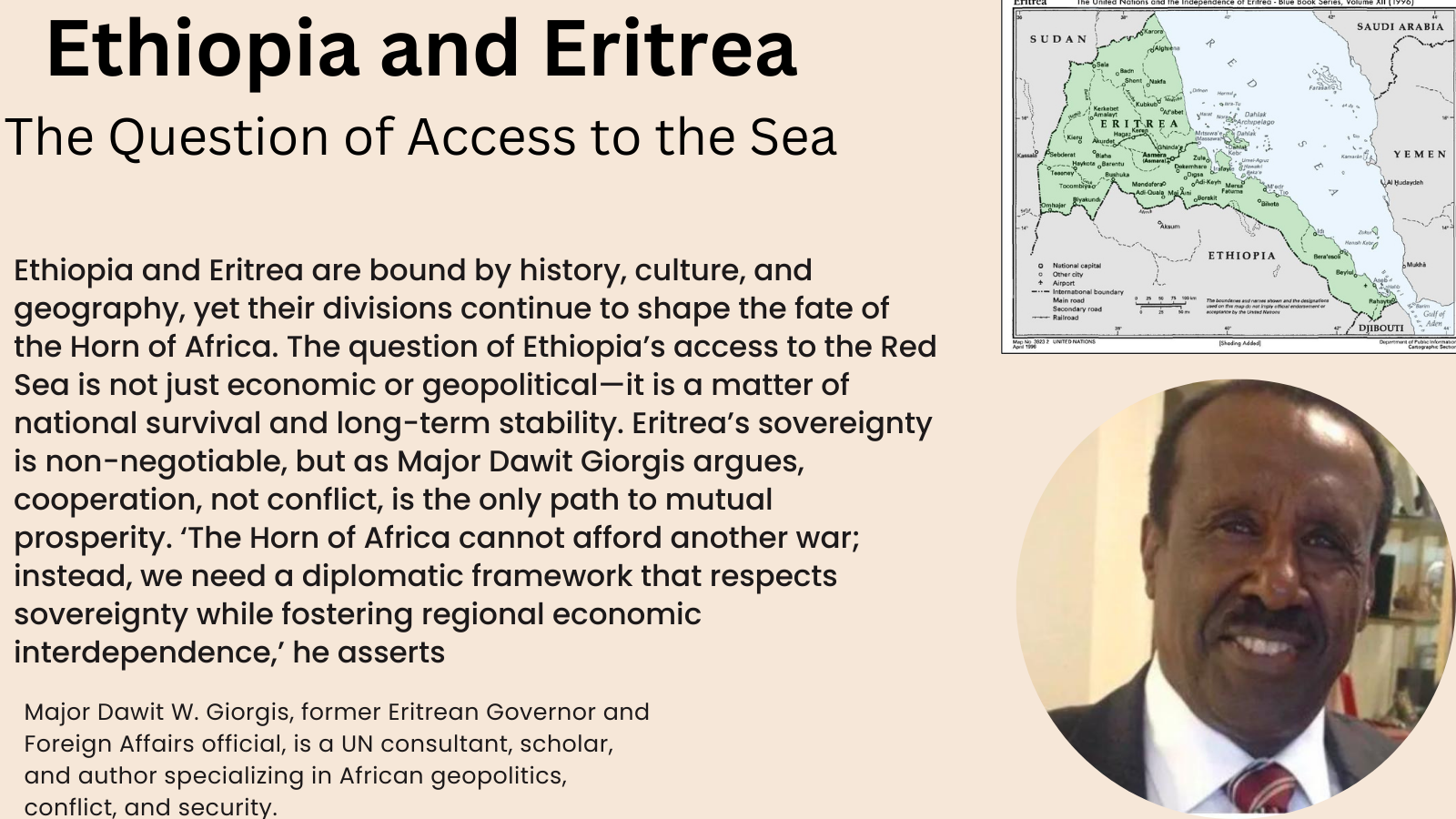Erosion of the Rule of Law in Ethiopia: Insights from the World Justice Project Report

October 2024 — The World Justice Project’s 2024 Rule of Law Index reveals a concerning trend, indicating a decline in the rule of law for the seventh consecutive year across many nations. Among the 142 countries surveyed, Ethiopia ranks a dismal 130, placing it 30 out of 34 countries in Sub-Saharan Africa.
The report shows that in the past year, the rule of law deteriorated in 81 countries, representing 57% of those assessed. In contrast, only 61 countries experienced improvements. The rule of law is vital for combating corruption, alleviating poverty, and ensuring justice, forming the cornerstone of stable and equitable societies.

Ethiopia’s overall score in the 2024 Index is 0.37, reflecting a 2.4% decrease from the previous year and marking a downward trend from a score of 0.41 in 2020. This decline can be attributed to significant setbacks in areas such as the absence of corruption, fundamental rights, constraints on government powers, and civil justice.
The deteriorating situation in Ethiopia aligns with a backdrop of conflict, including a civil war in the northern region from 2020 to 2022 and ongoing war in the Amhara region since April 2023. Reports of brutal government tactics, including drone strikes targeting civilians, extrajudicial killings, and widespread human rights violations, have raised alarms among international observers and human rights organizations.
Regionally, Ethiopia’s standing is stark, ranking 30th out of 34 Sub-Saharan African countries and 13th out of 16 low-income nations. The country’s performance is contrasted sharply with its neighbors, such as Rwanda, which ranks 40th globally.
The findings of the 2024 Rule of Law Index underscore a troubling reality for Ethiopia, where armed conflict and widespread corruption undermine governance and hinder socioeconomic development. As the rule of law continues to erode, the implications for citizen welfare and stability remain grave.
Editorial Note:
This article, originally published by The Ethiopian Policy Institute (EPI), offers a critical examination of Ethiopia’s current socio-economic and political landscape. EPI, a Washington D.C.-based think tank, is dedicated to providing rigorous research and analysis on Ethiopian public policy.




